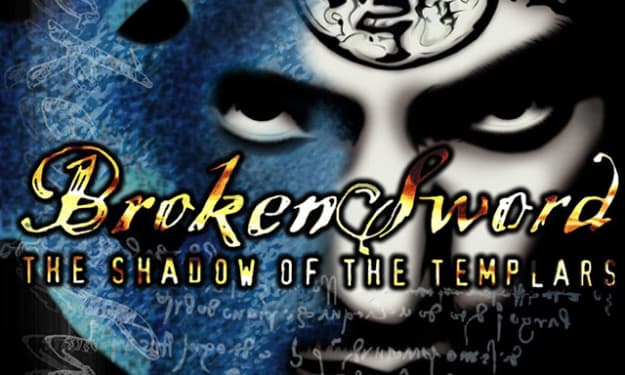Why Games Should Never Be P/C
Developers are being asked to fix every dodgy detail, right down to the treatment of digital guinea pigs. But who does it actually help?

There's been a flicker of controversy around Stardew Valley, the Life Sim / RPG farming game by Eric “ConcernedApe” Barone. It concerns a guinea pig and his treatment. One of the NPCs has a pet guinea pig who is, apparently, being kept in substandard conditions for the animal's needs.
Not being a real guinea pig, you may wonder why this matters. “It sets a bad example,” goes the logic. “People, especially young and impressionable people, shouldn't be given information that might lead them to harm guinea pigs.”
A consideration for the future, perhaps; next time, a developer could Google guinea pigs before drawing the cage. The question is whether or not ConcernedApe should go back and rescue the fictional guinea pig already in Stardew Valley.
The problem with altering an existing game is that it censors our reality. The reality is, ConcernedApe didn't know that you shouldn't put guinea pigs in exercise wheels, which means that probably quite a lot of other people don't know that either. His mistake – and most people's total lack of response to it – tells us something about society that we wouldn't otherwise have learned.
If games get censored to remove material that people find upsetting or offensive, we miss an opportunity to use games to put our finger on the pulse of society. To use a more important example, we can ask questions like: “Why do so many people like war games?”
If war games were banned, we would no longer be able to ask that question, and would miss a chance to explore that part of the human psyche. Who knows, by researching the attitudes of COD players, some smart cookie might discover something important about us which transforms us all into an advanced race of pacifists.
We know that video games can reflect desires that can't be lived out in real life. In real life, you can't mow down pedestrians in rush hour, but you can in GTA V. The therapeutic attraction of this choice is obvious. In gamer circles, we agree that it isn't what happens in a game that matters, it's what happens in real life. The best research confirms that most people don't behave in real life how they do in games.
For example, I happen to own guinea pigs. I would never dream of putting them in an exercise wheel because I know the silly little things wouldn't know what to do with it anyway. So, the presence of a wheel-running guinea pig in Stardew Valley has no effect on me whatsoever. Where did I learn about guinea pig care? From books designed to inform, not games designed to be fun.
Some people think that games should virtue signal. That would be a mistake. Entertainment in the free world is there to do nothing but entertain: to make us laugh, jump, fantasise and escape. As soon as media becomes a vehicle for teaching, society slips into the murky waters of Communism – well-known for controlling people using propaganda about correct behaviour. Imagine if that was all you could consume. What a drab, constricted, didactic society that would be.
If media is free, it gives us an up-close-and-personal look into what human beings really want, deep down underneath what we feel free to say we want. There's a value in knowing that – it makes us more fair, more open-minded and more tolerant when we know that there's a large number of people out there who like a lot of different stuff that we don't.
When political media critics push developers to change games, they artificially change our perception of where society is at. If, say, a feminist asks a developer to remove skimpy armour from a game, the influence has gone straight from her to him, and cut out everyone else.
This makes it impossible to know what purchasing choices people would make if they could freely choose. If there's a declining trend in taste for female characters in skimpy costumes, we won't know about it. Social change is supposed to affect the masses and not just a handful of games developers, so that result is its own goal.
It's fine to point out problems in games. This creates a dialogue among the audience, who can then learn something they didn't know. But insisting that developers edit the game simply smokescreens the problem. It makes it look like we live in a society that doesn't actually exist; in reality, the world is still full of people who like heroines in skimpy armour, and don't know the first thing about guinea pigs.
About the Creator
Adrian Williams
A young freelance writer from Surrey
With a particular liking for curry
Writes of people and places
On a regular basis
In no particular hurry.
----
My handle is AdrainOnSociety. You can find me on WordPress, DeviantArt / Instagram and Twitter.






Comments
There are no comments for this story
Be the first to respond and start the conversation.